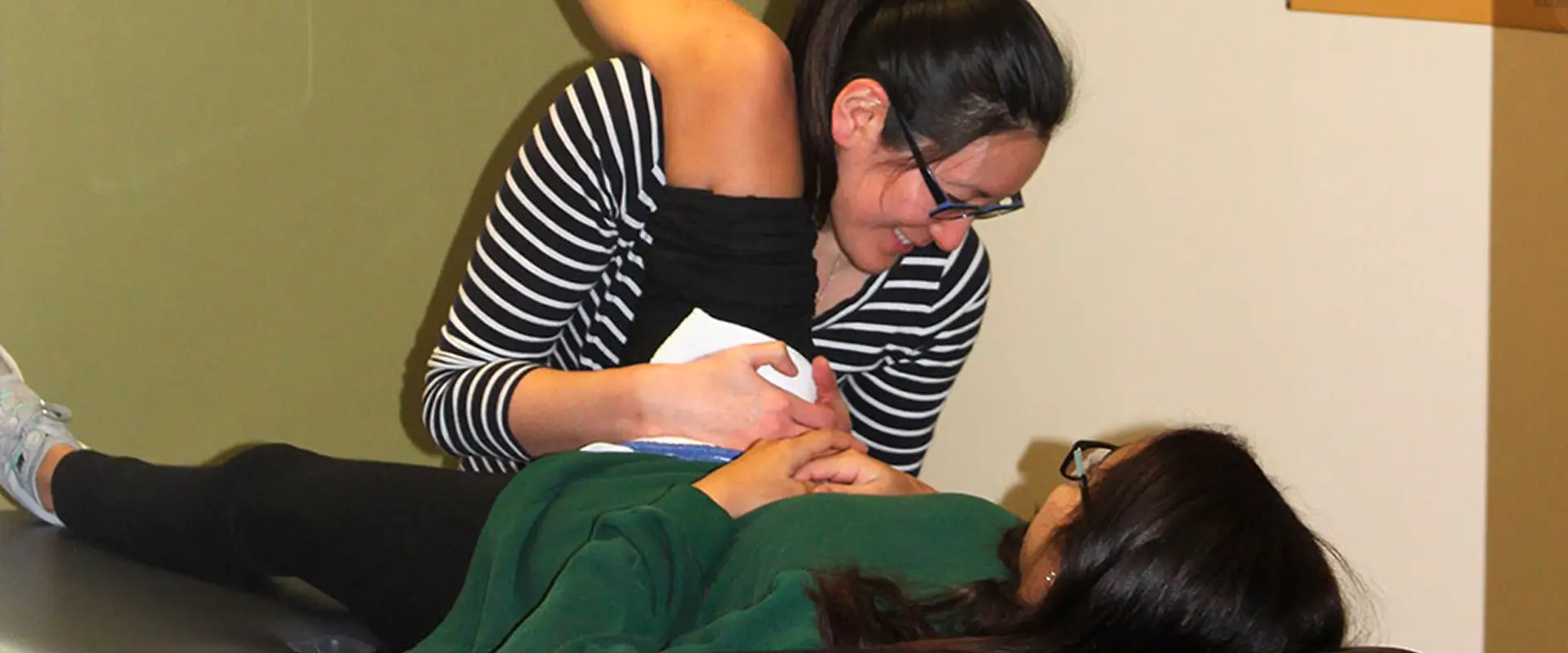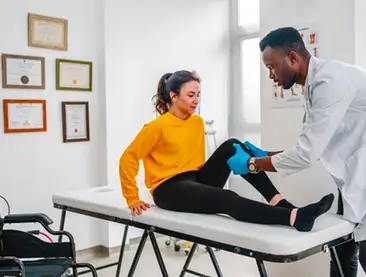As a medical expert specializing in Suboxone treatment for addiction, I understand the importance of early detection and intervention when it comes to substance abuse. Addiction can affect anyone, regardless of age, gender, or social status. Recognizing the signs of addiction in a loved one is crucial for getting them the help they need to overcome their struggles.
Here are some key indicators that may suggest your loved one is suffering from addiction:
Changes in Behavior
One of the most common signs of addiction is a noticeable change in behavior. This can manifest as mood swings, irritability, secrecy, or sudden changes in social circles. If your loved one starts exhibiting erratic behavior or becomes increasingly isolated, it may be a red flag for addiction.
Physical Symptoms
Addiction can take a toll on the body, leading to physical symptoms such as weight loss or gain, changes in appetite, sleep disturbances, and poor hygiene. Keep an eye out for unexplained bruises, needle marks, or dilated pupils, which could indicate drug use.
Financial Struggles
Addiction often comes with financial consequences, as individuals may prioritize obtaining drugs over paying bills or meeting other financial obligations. If your loved one is experiencing sudden financial difficulties or borrowing money frequently, it could be a sign of addiction.
Neglecting Responsibilities
Another common indicator of addiction is neglecting responsibilities at work, school, or home. Your loved one may start missing deadlines, skipping appointments, or neglecting household chores due to their preoccupation with obtaining and using drugs.
Withdrawal Symptoms
When someone is addicted to a substance, they may experience withdrawal symptoms when they are unable to access it. These symptoms can include anxiety, irritability, nausea, and muscle aches. If your loved one exhibits signs of physical or emotional distress when they cannot use drugs, it could be a sign of addiction.
Changes in Appearance
Addiction can lead to changes in physical appearance, including bloodshot eyes, pale skin, or a generally disheveled appearance. Pay attention to any drastic changes in your loved one’s appearance, as these could be indicative of substance abuse.
If you suspect that your loved one is struggling with addiction, it is important to approach the situation with compassion and understanding. Encourage them to seek help from a medical professional who specializes in addiction treatment, such as a Suboxone provider.
At our practice, we offer comprehensive Suboxone treatment to help individuals overcome their addiction and reclaim their lives. Suboxone is a medication-assisted treatment that combines buprenorphine and naloxone to reduce cravings and withdrawal symptoms associated with opioid addiction.
If you or someone you care about is battling addiction, do not hesitate to reach out for help. With the right support and treatment, recovery is possible. Contact our practice today to learn more about our Suboxone treatment program and how we can help you or your loved one on the path to sobriety.


